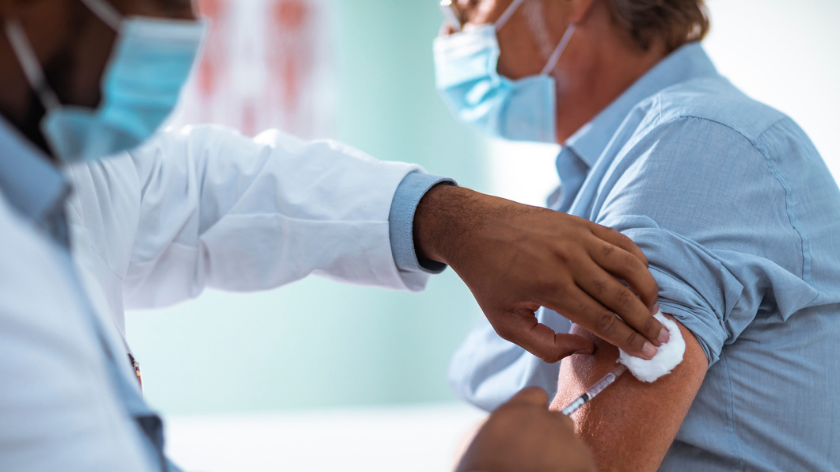I bet you know this one: “An ounce of prevention is worth a pound of cure.” You might not know who said it, though. Its owner is none other than Benjamin Franklin, who wrote the phrase in a letter to the newspaper in Philadelphia in the mid-1700s. You also might not know that Franklin was talking about fire prevention, and not health! It was the 1700s, after all, and although lifespans were short and infectious diseases were rampant, we knew very little about how diseases were transmitted and even less about public health and how we could better society by using what are now basic tenets of public health.
But his words can be applied widely to any number of situations, especially health. If we do our job right at Vitality by making some of those hard daily choices a little easier—choices like being active or eating more healthily—then that little bit of prevention now can really pay off later. It might mean you avoid a non-communicable disease like obesity or diabetes, or it might mean you delay the age that you might experience symptoms. Altogether these “ounces” of prevention now can be worth a lot later.
Since we are still in the middle of a global disease pandemic, vaccinations are also one of those “ounces of prevention.” Receiving a vaccine benefits you directly. You receive a vaccine, and it either prevents you from getting a disease or it greatly reduces your own suffering from that disease, if you are infected. How vaccines protect others is a little more complicated.
Herd Immunity is something public health scientists understand well. “BC” or “Before Covid,” though, it was not covered very widely in the press. But over the last several months, you have probably *AHEM* heard the term used a lot. Herd immunity describes how a herd, or really a community of people (your neighborhood, your city, your state, for example) can be protected against infectious disease.
Johns Hopkins Bloomberg School of Public Health has an excellent explanation on herd immunity using measles as an example. In the US, over 90% of children are vaccinated against measles by age two. If someone were to arrive with measles, nine out of every ten people they meet would be immune to the disease. That means the virus can infect only one in ten people, and that makes it very hard for it to spread in the population. If a virus cannot spread, it eventually disappears from the herd, and the herd is safe from the disease.
Herd immunity does not mean no one falls ill. Instead, it means that the virus cannot spread and although a few people may get sick, we avoid a widespread outbreak where many people are sick and need medical help (or worse).
Scientists are still debating if we will reach herd immunity with COVID, given that the rates of vaccination have varied so greatly by geographic area in the US. However, by getting vaccinated you are protecting yourself. You are also protecting others around you and helping some of your “herds” like your family, your workplace, and your local community reduce the spread of the coronavirus.
For more information on protecting others and taking charge of your health, make sure to check out the recording of the October Health FYI.
With a PhD in Exercise Physiology, Jonathan Dugas spends his days thinking about how we can help more people be more active. With four Ironman finishes and 13 marathons and counting, he’ll see you out on the road.







